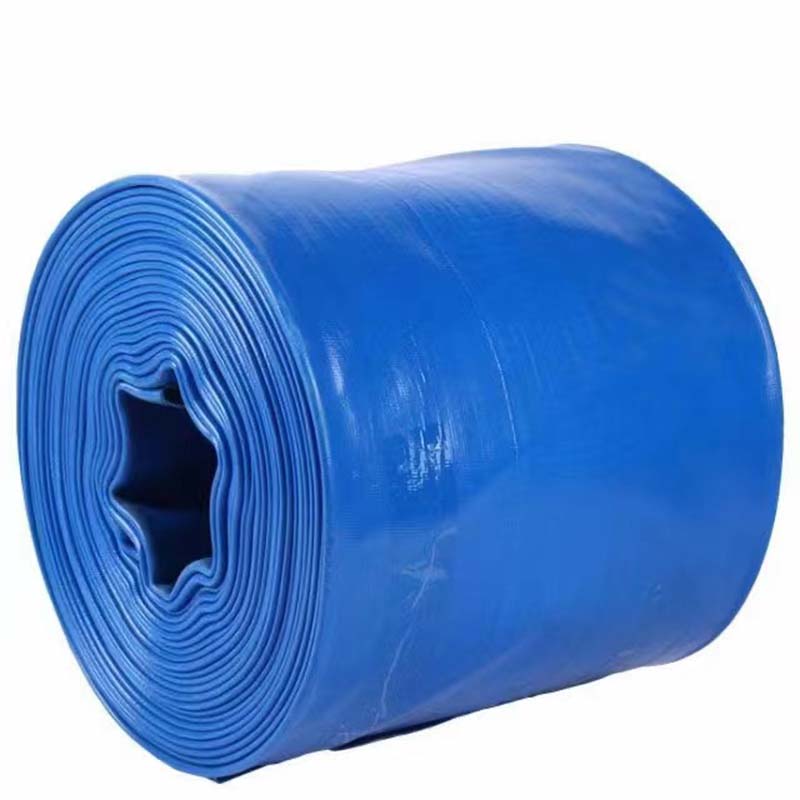Flexible LPG Hose Pipe for Safe and Reliable Gas Transportation Solutions
Understanding LPG Hose Pipes Essential Components for Safe Gas Transport
Liquefied Petroleum Gas (LPG) is widely used for a variety of applications, including cooking, heating, and powering vehicles. To safely and efficiently transport this flammable gas, LPG hose pipes play a crucial role. This article delves into the significance, types, and safety considerations surrounding LPG hose pipes.
What Are LPG Hose Pipes?
LPG hose pipes are specialized flexible tubes designed to transport liquefied petroleum gas safely from storage tanks to appliances, such as stoves, heaters, and grills. These hoses are constructed to withstand high pressures and to resist the corrosive nature of LPG. Given the highly flammable characteristics of LPG, the integrity of these hoses is paramount.
Types of LPG Hose Pipes
LPG hose pipes come in various types, depending on their intended application
. Some of the most common types include1. Rubber LPG Hoses These hoses are made from durable rubber compounds, providing flexibility and resilience against environmental factors. They are often used in residential and commercial settings for connecting gas appliances.
2. PVC LPG Hoses Polyvinyl chloride (PVC) hoses are lighter and more affordable, but they are less flexible compared to rubber hoses. They are suitable for low-pressure applications and are often used in smaller, portable LPG devices.
3. Stainless Steel Braided Hoses These hoses feature a stainless steel braid that enhances their durability and pressure resistance. They are often used in high-pressure applications where safety and longevity are essential.
4. Composite LPG Hoses Made from a combination of materials, composite hoses offer lightweight and flexible options while maintaining high pressure resistance. These hoses are frequently used in industrial applications.
Key Features
lpg hose pipe

When selecting an LPG hose pipe, several features should be considered to ensure safety and efficiency
1. Pressure Rating Each hose has a maximum pressure rating, and it’s important to choose a hose that can handle the specific pressures in your application to prevent leaks or ruptures.
2. Temperature Resistance LPG can be transported under various temperature conditions. A quality hose should withstand both high and low temperatures without compromising its structural integrity.
3. Compatibility Ensure that the hose is compatible with LPG. Some hoses may not be suitable for all types of gases, so it's crucial to check for certifications and compatibility.
4. Length and Size The right length and diameter are vital for proper gas flow and safety. A hose that is too long may lead to pressure drops, while a hose that is too short might not reach the appliance.
Safety Considerations
Safety is the utmost priority when dealing with LPG. Regular inspection of LPG hose pipes is essential. Look for signs of wear, cracking, or deformation. Hoses should be replaced if any damage is observed.
Additionally, proper installation is key to preventing leaks. Ensure that connectors are secure, and avoid using excessive force while tightening fittings, as this can damage the hose.
Moreover, it is advisable to use hoses that meet the relevant safety standards and regulations in your area. Using certified products not only ensures safety but also contributes to the longevity and efficiency of your LPG system.
Conclusion
In conclusion, LPG hose pipes are vital components in the safe transportation of liquefied petroleum gas. Understanding their types, features, and safety measures is essential for anyone utilizing LPG. By choosing the right hose and maintaining it properly, users can ensure reliable and safe operation for their gas-powered appliances. Always prioritize safety and compliance with local regulations when dealing with LPG systems.
-
Utilizing Braided Pvc Hose For Construction PurposesNewsAug.11,2025
-
The Flexibility of Lpg Gas Hose in Low-Temperature ApplicationsNewsAug.11,2025
-
Reinforced Layers in Clear Reinforced PVC HoseNewsAug.11,2025
-
How Hose Braiding Benefits Fluid TransferNewsAug.11,2025
-
Flexible Suction Hose Pipe in Industrial Vacuum CleanersNewsAug.11,2025
-
Chemical Resistance Offered by PVC Tetoron-Reinforced HoseNewsAug.11,2025














